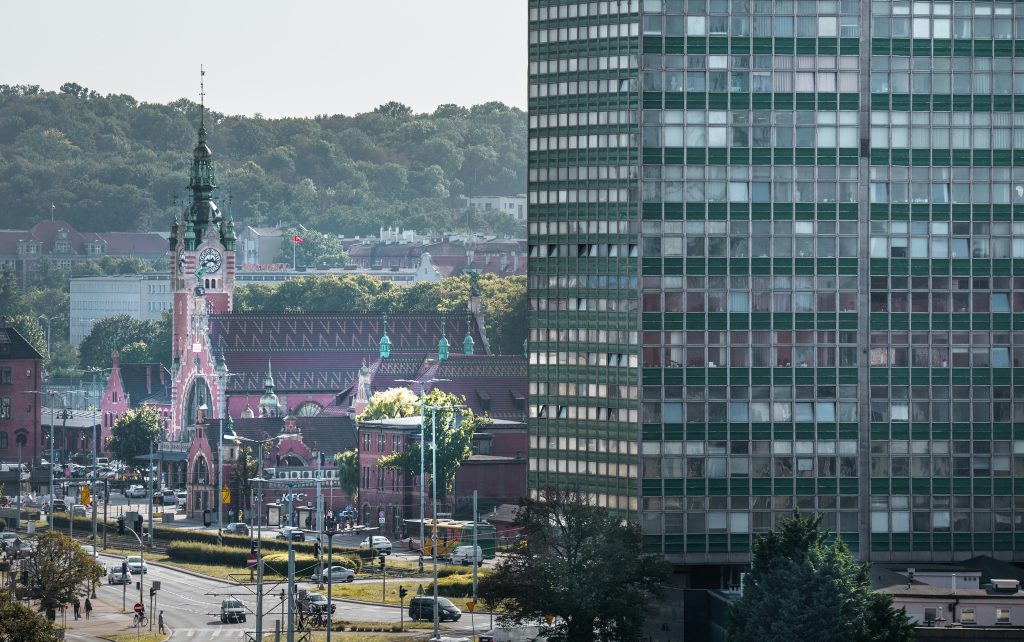Impending Government Shutdown Sparks Political Turmoil in Washington
As the clock ticks down, the specter of a federal government shutdown looms large over Washington D.C., creating a turbulent atmosphere as Congress grapples with budgetary disagreements. With a tight deadline approaching, lawmakers are locked in a fierce battle over a new spending bill that could prevent the government from ceasing operations.
The House of Representatives, under the leadership of Speaker Mike Johnson, is attempting to navigate through a minefield of political opposition. His proposed government funding bill, which is backed by former President Trump, faces resistance not only from Democrats but also from factions within his own party. This dual front of opposition complicates what should be a straightforward process of securing funding to keep the government operational.
The stakes are high, as the implications of a shutdown could ripple through the economy and impact millions of Americans who rely on government services. Additionally, with the 2024 election year on the horizon, the political ramifications of a shutdown could further complicate an already charged atmosphere. Larry Allen, a political analyst, noted that the intersection of election politics and a potential shutdown could lead to unforeseen challenges for lawmakers trying to maintain public support.
In a related development, Republicans are also pushing a proposal aimed at tightening voting regulations, ensuring that only American citizens can participate in federal elections. This move has reignited debates over voter rights and accessibility, proving once again that election-related issues are deeply intertwined with broader governance challenges.
As House Republicans strive to pass a stopgap plan to avert a shutdown, Senate Democrats and the White House have already made clear their disapproval of the current proposals. This political stalemate raises questions about whether Congress can come together in a bipartisan manner to reach an agreement before the deadline expires.
In the backdrop of these contentious negotiations, the public remains anxious. The potential for federal agencies to halt operations, affecting everything from national parks to federal employee salaries, poses a real threat to everyday life. As citizens brace for the possibility of another government shutdown, the urgency for resolution in Congress has never been clearer.
As the situation unfolds, observers are left wondering if political leaders can rise above partisanship to find common ground. The American public is watching closely, aware that the decisions made in the coming weeks will have significant repercussions not just for the government, but for the nation as a whole. Whether Congress can navigate this critical juncture remains to be seen, but one thing is certain: the stakes have never been higher.
Tags: budget, Congress, Elections, government shutdown, politics
Arrest Warrant Issued for Opposition Leader Amidst Controversial Election Claims
In a dramatic turn of events, a Venezuelan court has issued an arrest warrant for opposition figure Edmundo González, escalating tensions in a nation already fraught with political unrest. This decision follows a series of contentious claims regarding the results of the July elections, where González and his supporters argue that he emerged victorious against the incumbent, President Nicolás Maduro. The situation intensified after fellow opposition leader María Corina Machado shared what she claims are election records online, suggesting that the Maduro administration manipulated the electoral process in its favor.
The warrant accuses González of serious crimes, including conspiracy and document forgery, accusations that many in the opposition label as politically motivated. The Venezuelan government has faced significant scrutiny both domestically and internationally over its handling of elections and the treatment of political dissenters. Critics argue that the arrest warrant serves as a tool to silence opposition voices and undermine the democratic process in the country.
As the political climate becomes increasingly polarized, the opposition remains steadfast in its commitment to challenge the government. The implications of such a warrant are profound, as it not only targets González but also sends a chilling message to others who dare to oppose the regime. This escalation comes at a time when Venezuelan citizens are grappling with severe economic challenges, including hyperinflation, shortages of basic goods, and widespread poverty, all of which have contributed to growing discontent with the current administration.
The international community has reacted with concern, calling for the Venezuelan government to respect democratic principles and ensure the protection of political rights. Observers fear that the situation could lead to increased violence as tensions rise between government forces and opposition supporters.
In the wake of this arrest warrant, calls for solidarity among opposition parties have intensified. Many believe that uniting against the authoritarian practices of the Maduro regime is crucial for the future of democracy in Venezuela. The coming weeks will be critical as the opposition rallies support from both the public and international allies to contest these latest developments.
Tags: Elections, Opposition, Venezuela


